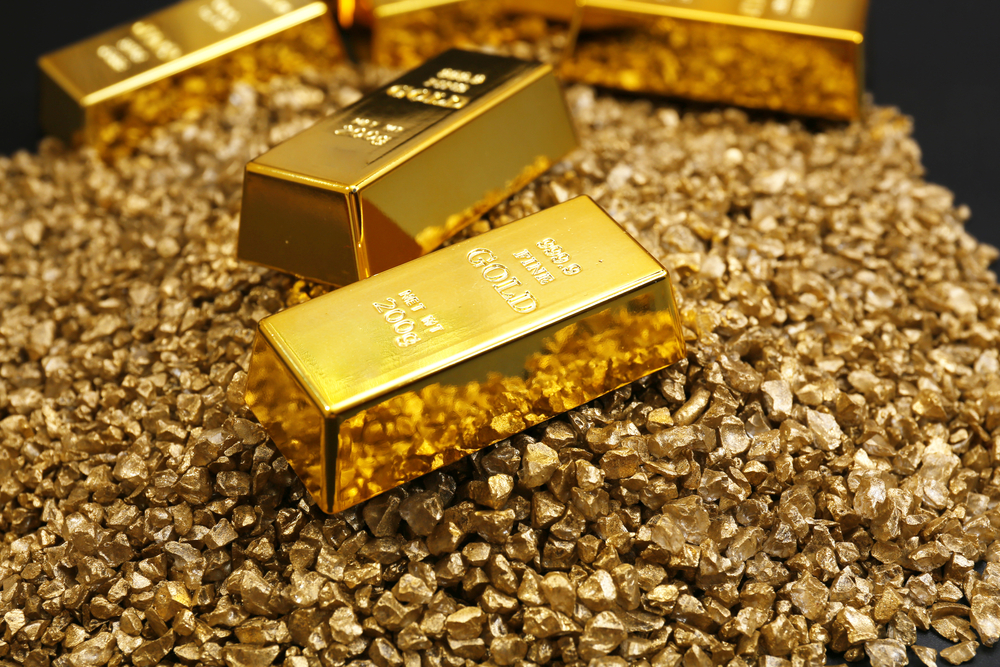Business
How To Buy Gold For Your Investment Portfolio

With gold prices soaring, more and more investors are curious about how to add gold to their investment portfolio. Here is part 1 of a simple list of do’s and don’ts to safely buy gold (or silver).
Do: Buy Physical Gold and Silver
If you are buying gold because you think the dollar is being printed into oblivion and gold is a store of wealth, the only way to ensure you own what you think you own is to physically have the gold in your hands. Junk gold or silver, coins, bars — it doesn’t matter. Just make sure it’s physical gold you can hold in your hands. The old saying is “If you don’t hold it, you don’t own it.”
Don’t: Buy “Paper” Gold and Silver
“Paper” in this instance means gold that isn’t physically in your hands. According to Greg Hunter at USAWatchdog, there are as many as 542 paper claims for every physical ounce of gold. That means when you buy a paper ounce of gold, you have virtually no chance of ever being able to claim the actual gold underlying that claim.
The most common paper gold is the large exchange-traded funds like GLD, the SPDR Gold Shares ETF. In the fine print buried in their prospectus, these ETFs reveal that they don’t own a physical ounce of gold to back your claim. Additionally, they themselves only have a claim on a paper ounce. Even worse, you also can’t redeem your paper claim for a physical ounce of gold, they force you into a cash settlement. So even if they had a physical ounce of gold to back your claim (which they don’t) you would still only get cash.
Do: Buy Coins and Bars That Are Common and Easy to Sell
The most common ways to own gold, like the American Eagle, Canadian Maple Leaf and Austrian Philharmonic coins are your best bet in a time of crisis. They are widely held and recognizable. Also, most importantly, they can be bought or sold close to spot prices. In a time of crisis, you don’t want to be selling an uncommon coin or one of questionable authenticity. Coins from the large mints are your best bet for quick transactions with low costs.
Don’t: Buy Numismatic Coins (Unless You Really Know What You Are Doing)
Numismatic coins, those that are bought and sold by collectors for their beauty and rarity, are great coins. And, they often trade for many times over the spot price of gold or silver because of their beauty or rarity. Because of this, they can have wide spreads between their bid and ask prices. Also, even those prices can be very subjective depending on the buyer or seller. In a time of crisis, it’s better to have coins that are common and easily bought and sold.
In part 2 tomorrow, we’ll cover the best way to pay for your gold purchases, where to store your gold and more.
Up Next:















